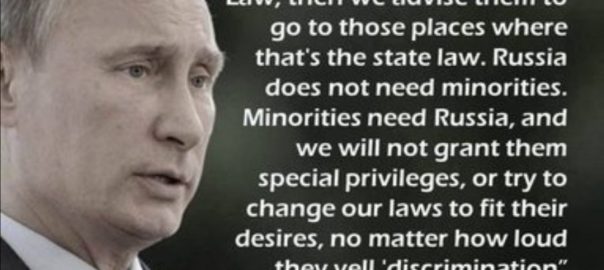The Arab Spring – region wide mass uprisings — in 2011 transformed Arab politics by bringing to an end long enduring dictatorships in Tunisia, Egypt, and Libya, precipitated reforms in Jordan and Morocco and brought civil war to Syria. The initial euphoria of revolution and early transitions to democratic governance underscored the immense popularity, organizational acumen, and depth of support for political Islam as they won elections in Tunisia, Egypt and Morocco. In 2012 it appeared as if the future of the Arab World was political Islam in power, empowered with democratic legitimacy through electoral victories. Across the region political Islamic parties were getting the opportunity to shape the political future by writing constitutions and shaping regimes. Turkey’s ruling party, the AKP, led by the charismatic Recep Erdogan had for years denied that it was an Islamist party. But as political Islam began to triumph in the Arab World, AKP leadership began to openly show their affinity to political Islam and even presented themselves as a model for Islamism in the post Arab Spring Middle East. Towards the end of 2012, political Islam was in charge of the Middle East, from Turkey to Iran with the notable exception of GCC countries.
Political Islam Part 37
